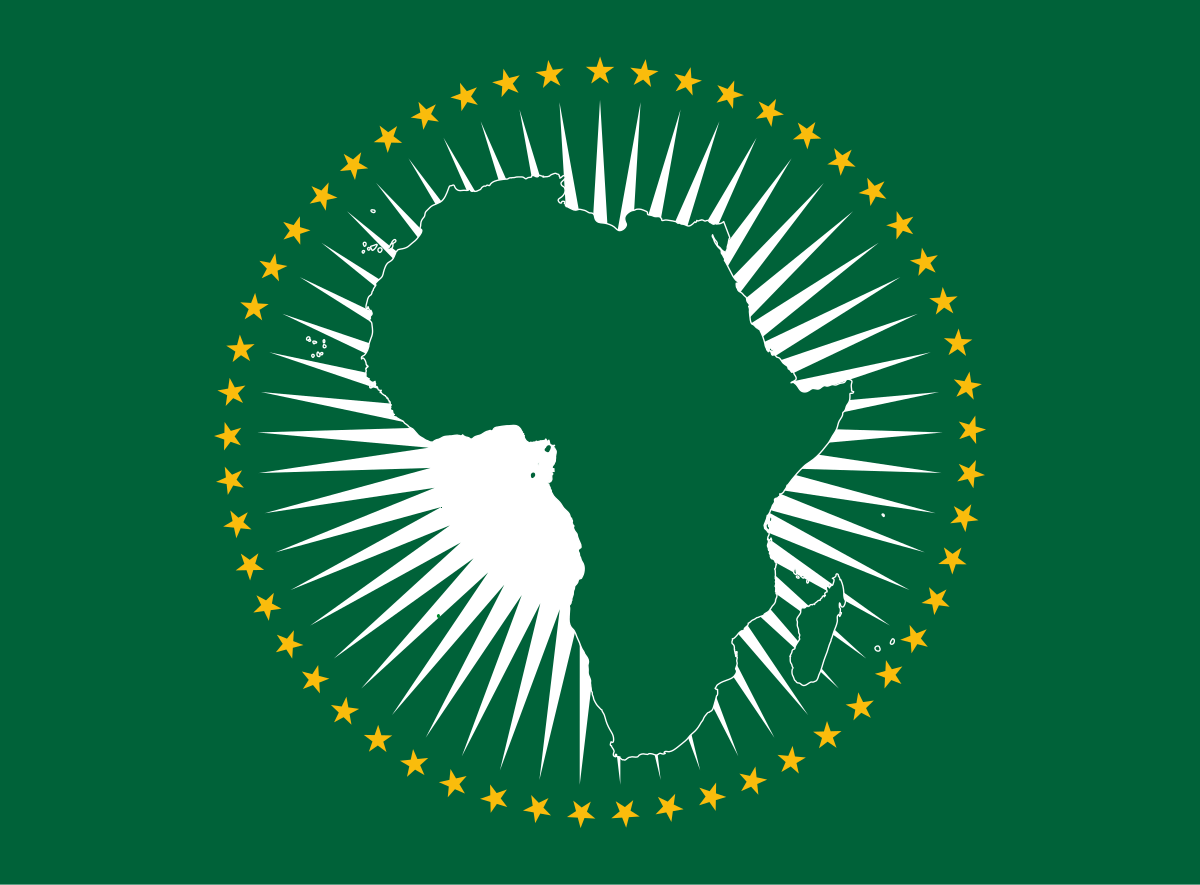President Muhammadu Buhari has urged African governments to deepen cooperation and strengthen the cross-cutting bonds between their defence and security institutions to overcome insecurity and other challenges confronting the continent.
He gave the charge on Thursday in Abuja at the 5th annual conference of the Network of African Parliamentarians on Defence and Security Committees (REPAM-CDS) organized by the German Foundation Konrad Adenauer Stiftung, with the theme, “Defense and Security Cooperation Between Europe and Africa: New Mechanisms, (Re) Appropriation and Discussions”.
- Insecurity: W/African youths call for dialogue
- PODCAST: How the 2022 Budget Will Benefit Ordinary Nigerians
The conference attended by 20 countries representatives, is a strategic platform that brings together lawmakers from across Africa, representatives of the African Union (AU), Economic Community of West African States (ECOWAS) and the European Union (EU).
The President represented by Vice President Yemi Osinbajo, said it is vital for African governments to renew their social contracts with the people to improve governance, development and build institutions that promote security and prosperity.
“The threats confronting us, whether occasioned by climate change, induced conflict or by hostile armed non-state actors require us to deepen our cooperation and strengthen the cross-cutting bonds between our defence and security institutions.
“As parliamentarians, you have a crucial role in leading domestic advocacy for vital security partnerships in your respective countries. Mobilizing the full spectrum of our national assets also means engaging the broad expanse of our societies.
“In order to do this, we must renew the social compact that binds governments and the governed and build institutions that promote inclusive security and prosperity. We recognize that having large segments of our population feeling alienated and marginalized is a critical vulnerability,” Buhari said.
He said that the challenge was to develop measures through policy and legislation that created an umbrella of human security over the people thereby preventing the forces of destabilization from weaponizing the frustrations of the marginalized.
He said, “Governments across the continent are dealing with multiple threats ranging from terrorism and piracy to transnational organized crime and insurrectionary challenges to the very legitimacy of our nations.”
He also listed efforts by his administration in addressing security challenges, especially terrorism and insurgency.
He said, “As part of our efforts in responding, we have prioritized our commitment to the constitutional imperative of guaranteeing the security and the welfare of the people. We have embarked upon an ambitious programme of reforming critical law enforcement institutions while sustaining consistently increased investment in our defence and security sectors.
“However, we recognize that the threats we face in this border less age are often both local and transnational. We recognize that an insurrection or conflict in one country can spread like an infection across borders to destabilize neighbours and create even greater threats that jeopardize regional security and stability. This is why strategic multi-dimensional partnerships are essential to guaranteeing the peace, stability and prosperity of our nations and our continent.”
Speaking earlier, the representative of the Konrad Adenanuer Foundation and Director of Security Dialogue Program policy in sub-Sahara Africa (SIPODI), Col. Ronald Stein, said the REPAM-CDS since 2017, had made some achievements and that more is needed to be done.
He said, “Despite the remarkable cooperation efforts between Africa and Europe, security problems have increased in recent years on the African continent. The new threats related to transnational terrorism, cross-border crime, asymmetrical -and cyber warfare and old armed conflicts that persist in renewed forms.
“These, have undoubtedly inspired an adaptation of the response format which leads us to taking a close look at our second main conference topic -the New European Peace Facility. This new security policy initiative was launched with the designated purpose of enabling the European Union to finance future military peace operations all over the world in direct cooperation with respective states, on the eve of 2021, after long, difficult and controversial negotiations between the member states,” Stein said.
Welcoming participants, Chairman House of Representatives Committee on National Security and Intelligence and President Network of African Parliamentarians on Security and Defence Committees, Anglophone countries, Hon. Sha’aban Ibrahim Sharada, said Nigeria is hosting the conference following the resolution of the Network during its fourth conference in Abidjan, Cote D’ivore in September, 2020.
“The conference will focus on the new European Peace Facility (EPF) which was recently developed to replace Former African Peace Facility (APF); and its prospects will be utilized to enhance defence and security in Africa,” Sharada said.
He also commended President Muhammadu Buhari for his efforts in fighting corruption, and commitment in anti-insurgency war, which, before his assumption of duty in 2015 put the country and, especially the northeastern part of the country on edge due to killings and other atrocities that made life unbearable.
Also at the conference were Senate President Ahmed Lawan, representative of the Speaker of the House of Representatives, the Secretary to the Government of the Federation (SGF) Boss Mustapha; FCT Minister, Muhammad Musa Bello, and the Sultan of Sokoto, Alhaji Muhammad Sa’ad Abubakar III.
They unanimously said that tackling insecurity is a responsibility of all and not that of governments alone.
Sultan Abubakar specifically urged the federal government to implement the various local and transnational recommendations to tackle insecurity.
He said the cultural and traditional modes of tackling crisis and insecurity before colonialism, can still be employed as part of home-grown mechanism to ensure peace and national development.

 Join Daily Trust WhatsApp Community For Quick Access To News and Happenings Around You.
Join Daily Trust WhatsApp Community For Quick Access To News and Happenings Around You.

